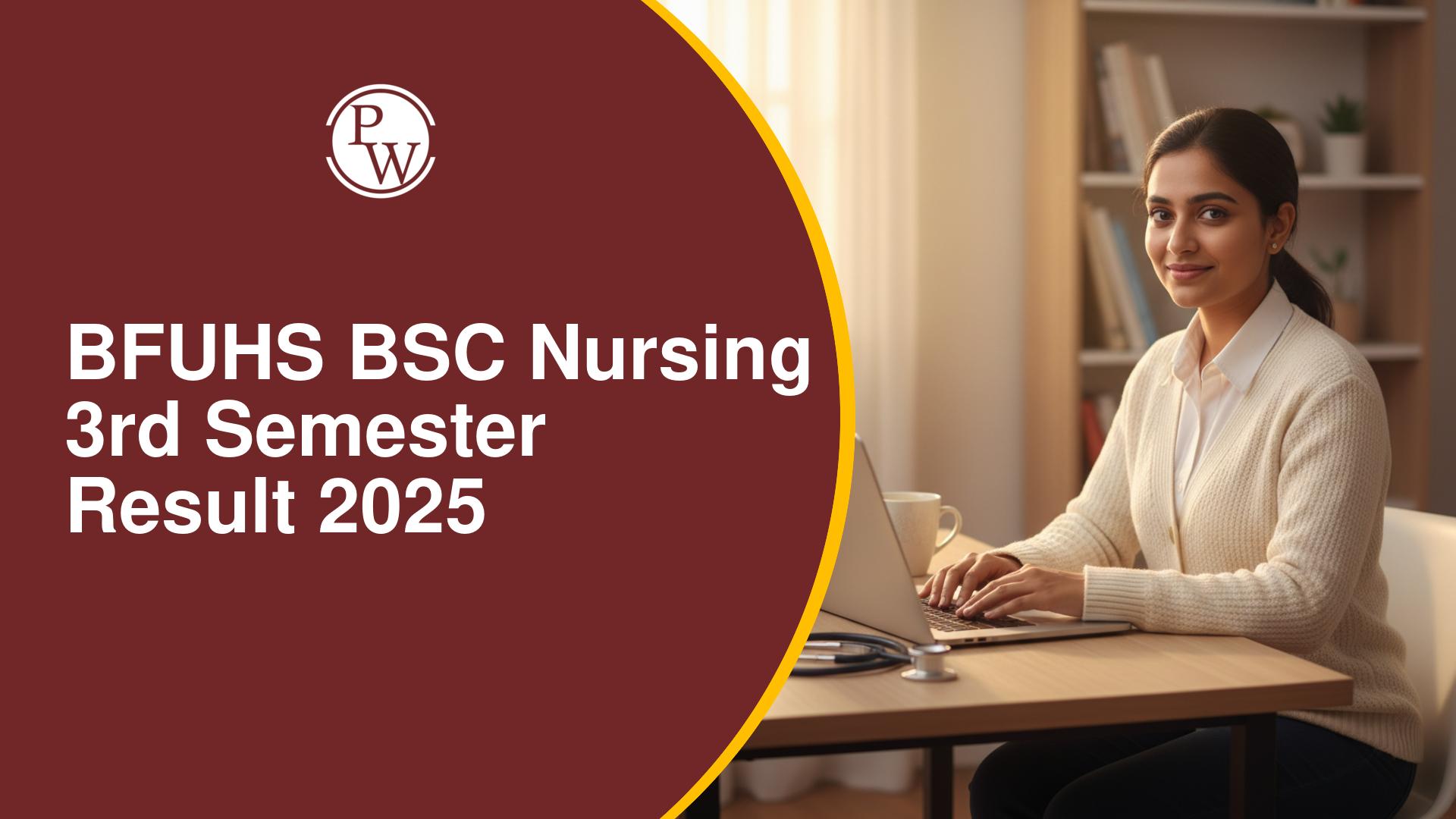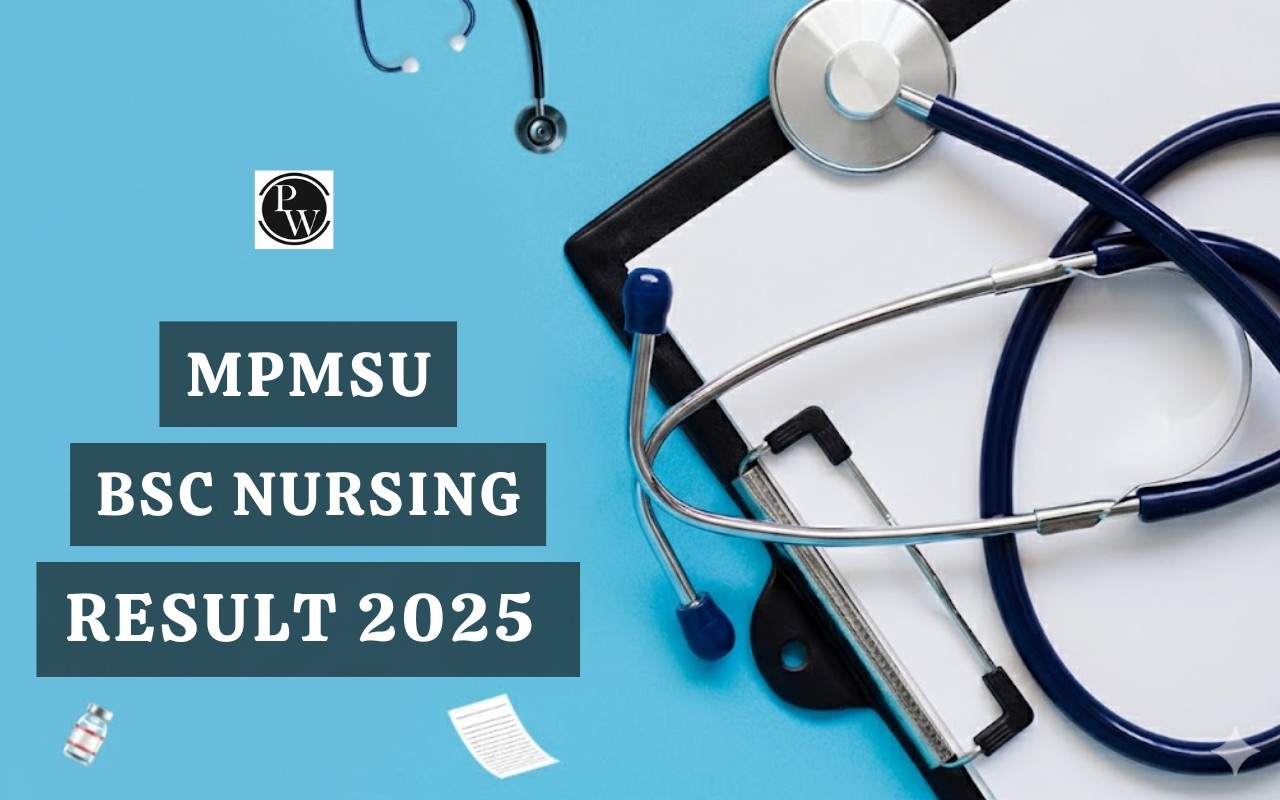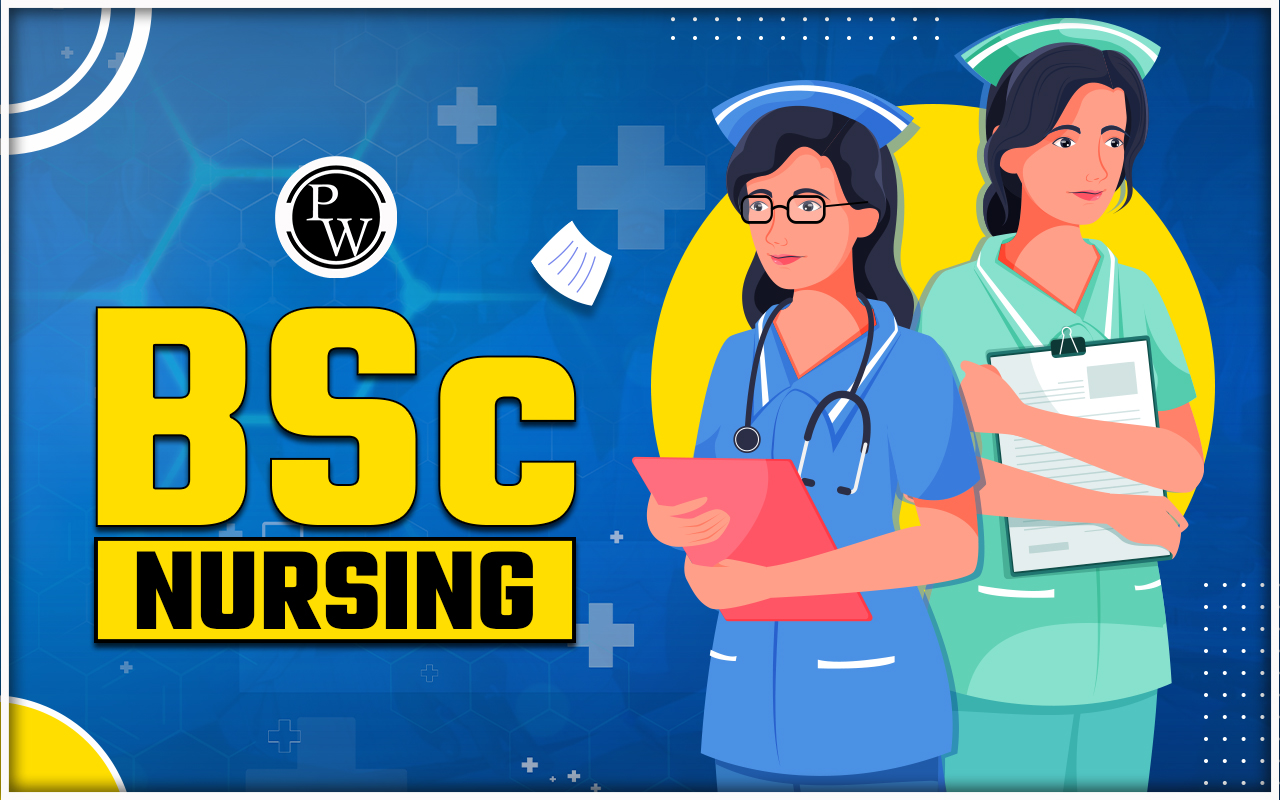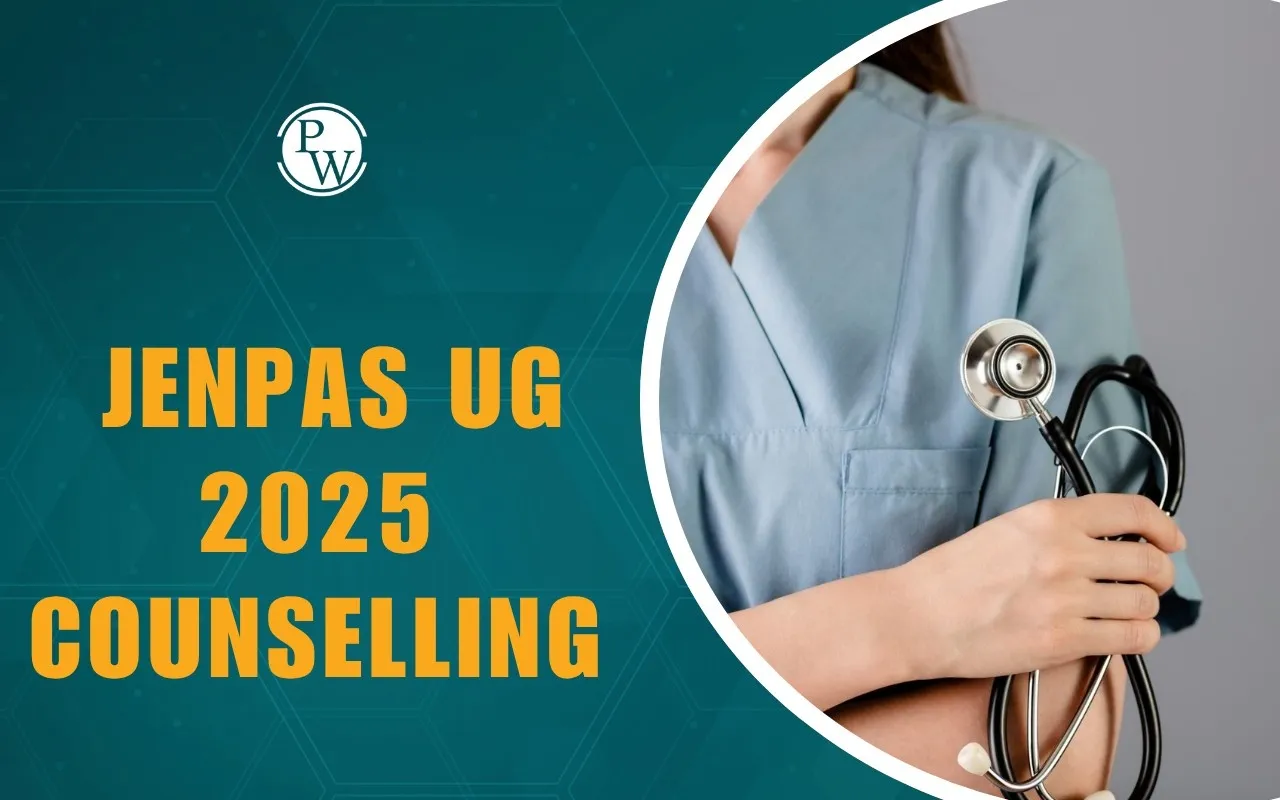After BSc Nursing how to become a doctor? : For many BSc Nursing graduates, the dream of becoming a doctor is a natural progression in their healthcare career. If you're asking yourself, "After BSc Nursing how to become a doctor?" this details will help you understand the steps involved in transitioning from nursing to medicine. While the process may seem challenging, it's a rewarding journey for those committed to expanding their role in patient care and healthcare.
Understanding the BSc Nursing Degree
The BSc Nursing degree offers essential knowledge and practical skills in patient care, healthcare management, and clinical practice. Nurses with this qualification are equipped to work in various healthcare settings, including hospitals, clinics, and even administrative roles. However, for those looking to become doctors, this degree serves as a solid foundation, but more education and training are required.Also Check : BSc Nursing Latest Updates, Check Admission, Entrance Exams
Steps to Become a Doctor After BSc Nursing
If you're a BSc Nursing graduate and wondering, "After BSc Nursing how to become a doctor?" , here are the essential steps to guide you through the process of transitioning from nursing to a medical career.1. Take the Medical College Admission Test (MCAT)
The first major step on your journey to becoming a doctor after BSc Nursing is to take the Medical College Admission Test (MCAT). This standardized test is required for admission to medical schools in many countries, including the United States and Canada. The MCAT assesses your knowledge of biology, chemistry, physics, and verbal reasoning. Preparing well for the MCAT is crucial because the score plays a significant role in securing a spot at medical school.2. Apply to Medical School
Once you’ve completed the MCAT, the next step is to apply to medical schools offering programs like the Doctor of Medicine (MD) or Doctor of Osteopathic Medicine (DO). Some medical schools are open to applicants with a BSc Nursing degree, recognizing the value of nursing experience. While each school has its requirements, many will consider your background in nursing as an asset, as it provides a strong foundation for medical education. It's essential to research various programs to understand the specific admission criteria for nursing graduates.3. Complete Medical School
Medical school typically takes four years to complete. The first two years focus on classroom instruction, where you will learn about subjects like anatomy, pharmacology, pathology, and medical ethics. The final two years are dedicated to clinical training, where you will rotate through various medical specialties such as pediatrics, surgery, and internal medicine. During this time, you'll gain hands-on experience treating patients, further building your skills as you prepare to become a doctor.4. Complete a Residency Program
After graduating from medical school, the next step is to enter a residency program in your chosen specialty. Residency programs usually last anywhere from three to seven years, depending on the field of medicine. Whether you choose family medicine, surgery, or another specialty, residency is an intensive period of on-the-job training. You will work in hospitals or clinics under the supervision of experienced physicians, refining your medical skills and learning to manage complex cases.5. Obtain Medical Licensure
Once you've completed your residency, the next step is to obtain medical licensure. In many countries, this involves passing a licensing exam, such as the United States Medical Licensing Examination (USMLE) for those wishing to practice in the U.S. You will need to submit your medical school transcripts, residency completion documents, and exam scores to meet the licensing requirements. After passing this exam, you will be legally allowed to practice as a doctor.6. Maintain Licensure
Becoming a licensed doctor is just the beginning of your career. To maintain your license, you must continue to engage in professional development activities. This might include attending workshops, completing continuing medical education (CME) credits, and staying up-to-date with the latest research and treatment methodologies. Lifelong learning is an essential part of being a doctor.Also Check : BSc Nursing Admission
Using Your Nursing Experience to Your Advantage
If you're wondering "After BSc Nursing how to become a doctor?" , you might be pleased to know that your nursing experience can significantly benefit you during your medical career. As a nurse, you’ve already developed important skills such as patient care, communication, critical thinking, and attention to detail. These skills will be valuable during medical school and residency and will help you adapt quickly to the role of a physician. Some medical schools even offer special programs for nursing graduates, acknowledging that your clinical background gives you a head start in the medical field.Alternative Pathways to Becoming a Doctor After BSc Nursing
If you're unsure about jumping directly into medical school after BSc Nursing how to become a doctor? There are alternative pathways to consider:- Post-Baccalaureate Programs: These programs are designed for students who need additional coursework to meet medical school prerequisites.
- International Medical Schools: Some countries have more flexible admission requirements, making it easier for international students with a BSc Nursing degree to pursue medical education.
- Advanced Nursing Degrees: You can also pursue advanced degrees such as a Master of Science in Nursing (MSN) or Doctor of Nursing Practice (DNP). While this path keeps you within the nursing profession, it can also serve as a stepping stone if you decide to transition to medicine later.
Benefits of Transitioning from Nursing to Medicine
The decision to become a doctor after completing a BSc Nursing degree comes with several benefits:- Expanded Career Opportunities: As a doctor, you will have access to a broader range of specialties and leadership roles within healthcare.
- Broader Impact on Patient Care: Doctors can influence healthcare practices at a larger scale, affecting patient outcomes across the medical system.
- Personal Fulfillment: For many, the journey to becoming a doctor is personally rewarding, as it provides the opportunity to make a more significant impact on patients' lives.











